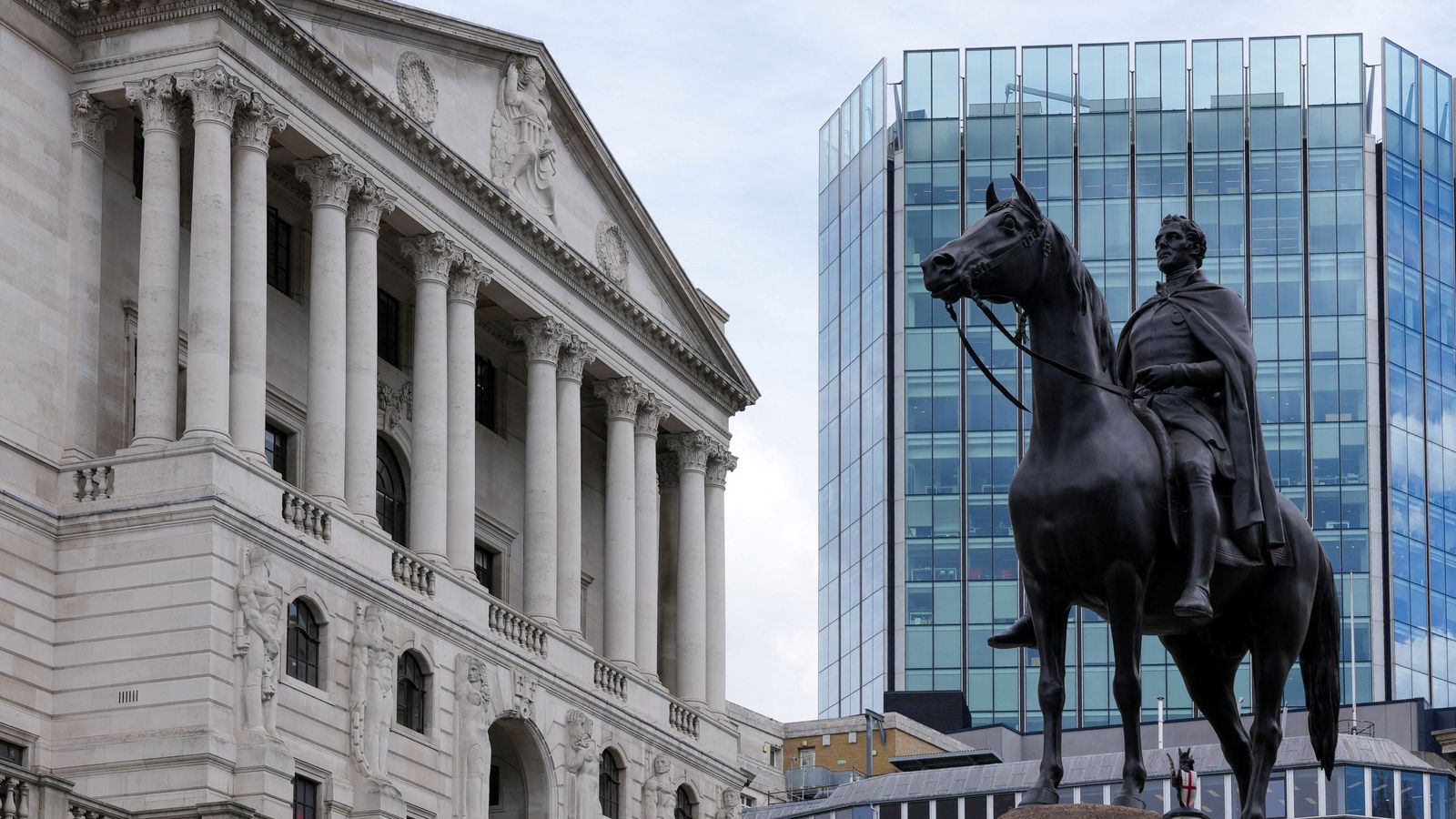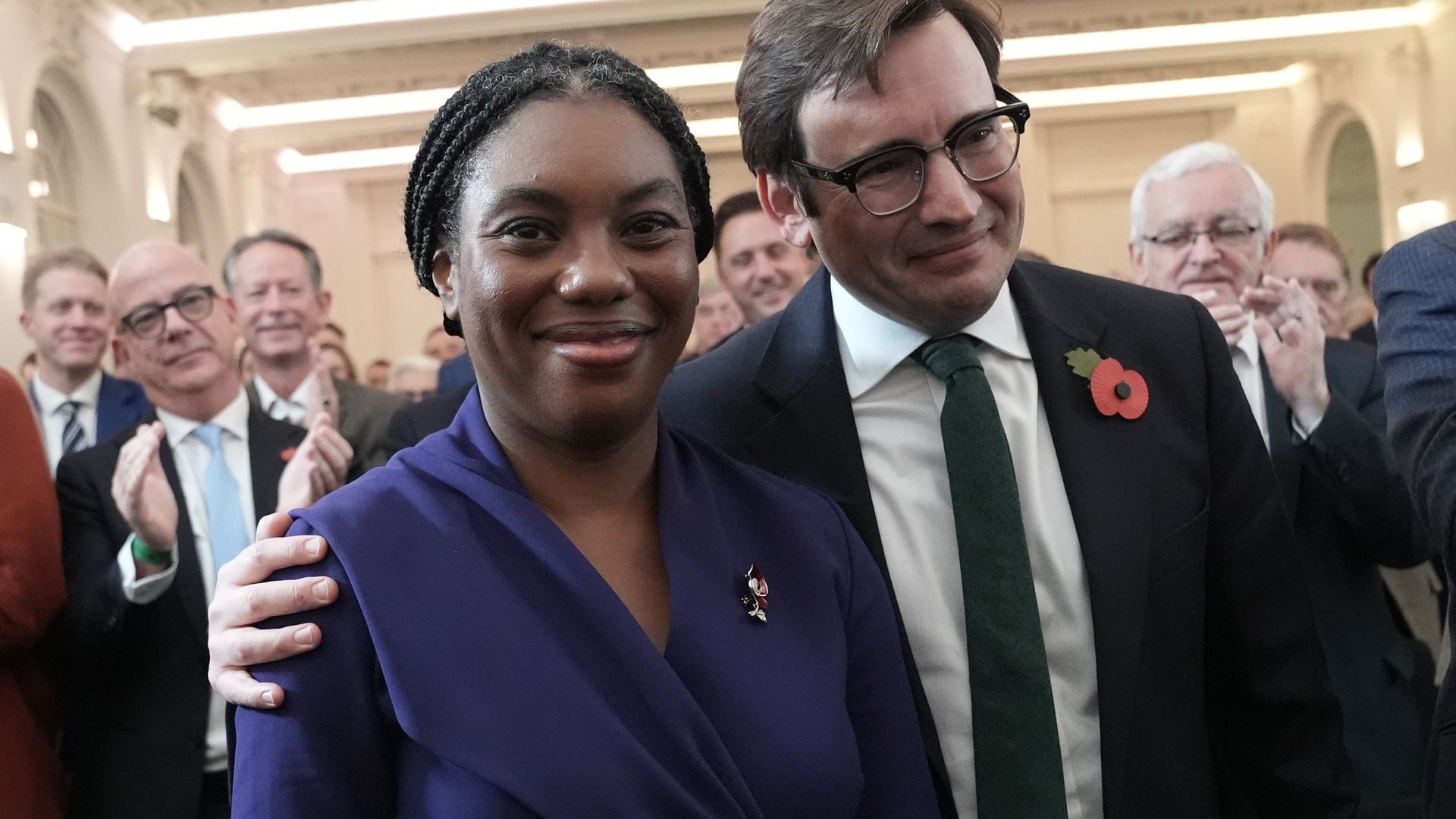The Bank of England has launched a temporary bond-buying programme as it takes emergency action to prevent “material risk” to UK financial stability.
It revealed that it would buy as many long-dated government bonds as needed between now and 14th October in a bid to stabilise financial markets in the wake of the mayhem that followed the government’s mini-budget last Friday.
In addition to the plunge in the value of the pound, it has also seen investors demand a greater rate of return for UK government bonds – essentially IOUs.
That is because the level of borrowing required to fund the government giveaway, including tax cuts and energy aid for households and businesses, shocked the market which immediately questioned the sustainability of the public finances.
The Bank said in a statement: “Were dysfunction in this market to continue or worsen, there would be a material risk to UK financial stability.
“This would lead to an unwarranted tightening of financing conditions and a reduction of the flow of credit to the real economy.”
The programme marked the Bank’s first policy intervention as it battles to bring down inflation and ease the cost of living crisis. Its chief economist signalled on Tuesday that a “significant” rise in Bank rate was also likely ahead.
Kwasi Kwarteng to hold meeting with bankers as fallout from mini-budget continues
Shoppers paying record 10.6% more for food than a year ago
Economy latest news: Highest ever fall in mortgage deals over last 24 hours – as White House urges UK to show ‘fiscal discipline’
The government’s growth plan is only seen as adding inflationary pressure to the economy, leaving it at loggerheads with the Bank’s mandate.
The Bank said the bond purchases, which would be fully covered by the Treasury in the event of any losses, were designed to restore orderly market conditions.
It added that it would sell back the bonds it purchased once market conditions had stabilised.
The announcement certainly had an immediate effect.
Data showed that 30-year bond yields fell back to 4.3%, having risen to levels above 5% not seen since 2022 earlier in the day.
Ten year yields fell back below 4% from 4.6%.
In addition to its bond-buying action, the Bank said it would postpone the start of its efforts to unwind the sale of bonds it acquired through financial crisis and COVID crisis era quantitative easing.
The Bank had planned to reduce its £838bn of gilt holdings by £80bn over the next year.
Neil Wilson, chief markets analyst at Markets.com, said the Bank’s move followed evidence of “severe liquidity stress” on the bond markets.
“The question is whether (this) acts to stabilise longer-term or if the market retests the Bank’s resolve.
“We’re now seeing the Bank go toe-to-toe with the market and this might not lead to any decrease in volatility”, he warned.












